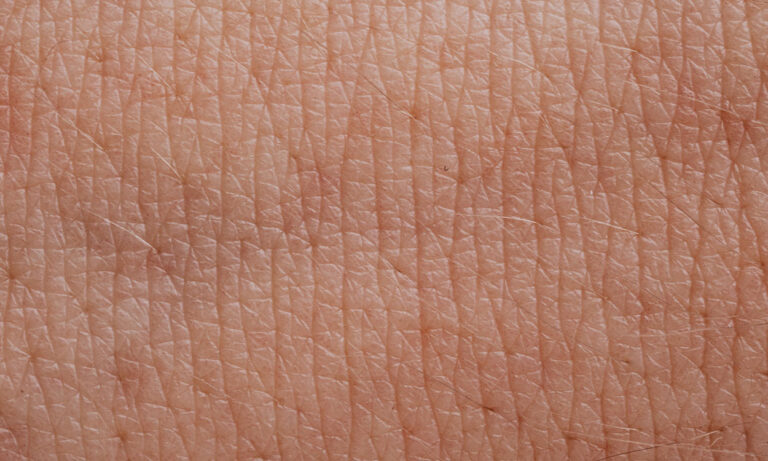Uganda will be heading to space to print 3D human tissue
Well, technically, Uganda has already gone to space. Despite a fire alarm causing delay on 6 November 2022, the country’s first satellite, PearlAfricaSat-1, was successfully launched into space on the morning of 7 November from the Mid-Atlantic Regional Spaceport (MARS) at NASA’s Wallops space flight facility on Wallops Island, Virginia.
More recently however, Uganda has announced that it will use its newly launched satellite to conduct healthtech life-saving experiments up in space—on top of collecting more accurate data on weather forecasting, mineral mapping, agri-monitoring, and border security.
The Nile Post reported that the country will use the microgravity (weightlessness) provided by the satellite to perform advanced 3D biological printing of human tissue as part of an investigation into “how microgravity influences ovary function.”
The satellite, which has already landed on the International Space Station (ISS), will be monitored from the Mpoma ground satellite station in the capital Kampala.
How does microgravity help bioprinting?
Microgravity allows scientists to create high-quality bioprinted body organs, something that is not yet achievable on Earth. Printing organ structures in a state of weightlessness eliminates the need for scaffolding to support complex tissue shapes. 3D bioprinters use ‘bio-inks’ based on human cells to grow body tissues such as skin, bone, and even cartilage.
The idea of 3D bioprinting has been growing globally in the recent past, particularly after Russia sent its bioprinter to the ISS to carry out experiments for printing living human tissue in space back in 2018.
Equipped of an updated 3D bioprinter, the BioFabrication Facility (BFF), the project—which is spearheaded by three Ugandan engineers, Edgar Mujuni, Bonny Omara, and Derrick Tebusweke—could help thousands of patients who die from organ failure in the country.
“BFF is game-changing technology that could have significant implications for the future of human health and patient care on Earth,” John Vellinger, the executive vice president of in-space manufacturing and operations at Redwire, the company developing the technology, told Quartz.
Though Uganda is the latest country to launch into the ISS, by December 2021, 13 African countries had sent satellites into orbit with 125 new satellites being lined up for development by 2025 by 23 African countries.






